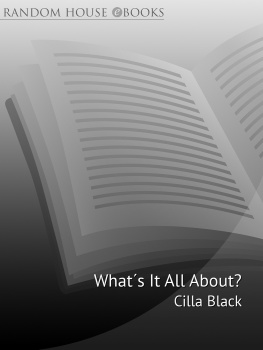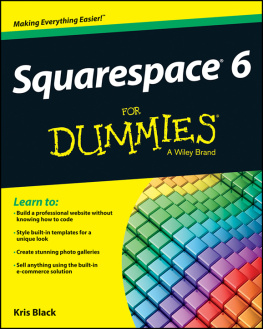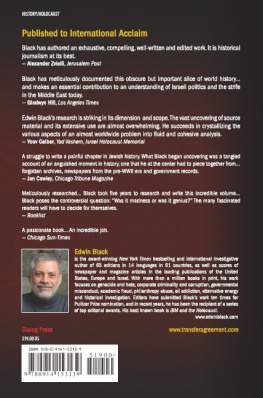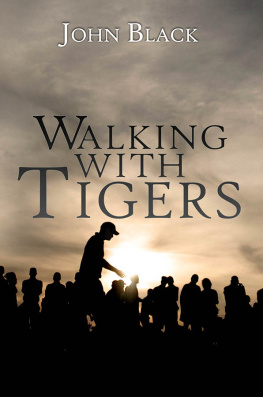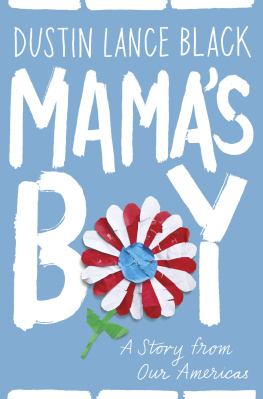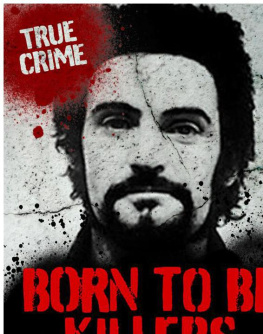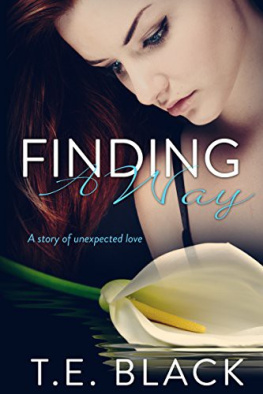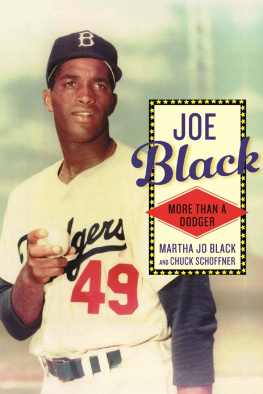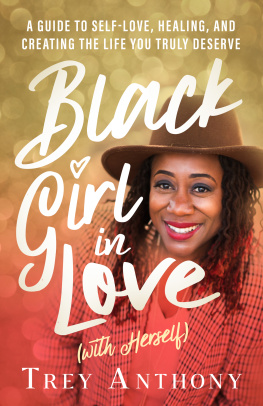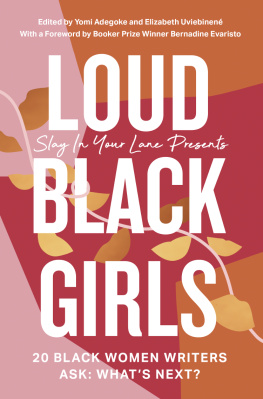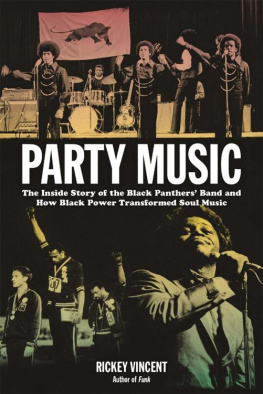Contents
About the Book
Cilla is without doubt one of Britains best-loved personalities. Over the years, she has had hit records, presented iconic TV shows while also bringing up three children with her husband, Bobby. But how much do we really know about the girl with the bright red hair and the jet black voice?
Caught up in the incredible youth explosion of the Sixties, Cilla found herself managed by Brian Epstein, friends with the Beatles and selling a hundred thousand records a day. During forty extraordinary years in the public eye, Cilla has suffered as many setbacks and personal tragedies as she has had huge successes. Now, for the first time, she vividly tells the story of her life, through good times and bad, in her inspiring best-selling autobiography, Whats It All About?
About the Author
Born Priscilla Maria Veronica White in Liverpools heavily bombed, down trodden Scotland Road in 1943, Cilla grew up as a rough and tumble tomboy in a staunchly catholic household. By the time she was twenty caught up in the incredible youth explosion of the Sixties she was a key player on the up and coming Mersey scene, managed by Brian Epstein, friends with the Beatles, and having hit after smash hit as Cilla Black, selling a hundred thousand records a day.
For Bobby
part one
Left Footer
THEY BRANDED US Left Footers; we called them Proddy Dogs. All us Irish Catholics lived on Scottie (that would be Scotland Road to anyone from out of Liverpool), and all the Protestants lived on Netherfield Road across to the east, with Great Homer Street running parallel down the middle. Inevitably there were street gangs, and it could get pretty rough. There was always a lot of posturing and name-calling and, if you were really unlucky, it could end in push-shoves, digs in the ribs and fisticuffs. The divisions between Catholic and Protestant were as strong as in Northern Ireland the Protestants against the Catholics and vice versa. But on Saturdays everyone, whatever their religion, went to do their shopping at the butchers (we always went to Woods), the grocers, the greengrocers and bakers on Great Homer Street, buying family favourites like boiled ham and pigs feet so once a week the two sides would come face to face. We kept a respectful distance from each other, but of course on significant dates, such as St Patricks Day on 17 March and the Orange Parade on 12 July, which I loved watching, there was more friction than normal.
Fortunately I was a very sporty child, and I always thought if a gang did pick on me, I could easily outrun them. Once, though, on 12 July, after watching the Lodge parade down London Road, I had just left a busy main street and entered a quiet, deserted side road, when a gang of five eleven-year-old girls the same age as me fell in step behind me. I didnt need to look twice to realise they meant trouble.
What dyou think? the leader was saying as they came into earshot. Is she? Is she one of them? I bet shes one of them!
She was a big, brawny red-head, and the other four girls, all mousey-haired, were not exactly tiddlers. Sure I was in for a hiding, I glanced up and down the street, desperate for an adult anyone who might intervene and say, Oi, you lot, get home yer mams got cake! but there was nobody.
I decided this was a case of flight rather than fight, and made a run for it. But theyd got too close, and this time I knew my skinny long legs werent going to save me.
She is one of them! the leader roared, egging the others on.
The chase ended moments later. Having wrenched me to a standstill by one of my sleeves, the gang circled me. I swivelled this way and that, giving one last desperate look up and down the street, then, seeing nobody, I clenched my fists into tight, defensive balls.
Their mutterings, Yeah shes one of them!, were louder now.
They grabbed me, poked me in the ribs, shoved me backwards and pinned me against the wall. I had tried to stand up to them, but my fists felt like cotton wool.
You are one of them, arent you? their leader kept taunting me, her hot breath drizzling on my cheeks. You are a Proddy Dog.
But I wasnt I was a Left Footer. Her question had implied that she was a Catholic, too so what should I say? Maybe it was just a trick and Id get a beating anyway. I decided to tell the truth, take the punishment, and try to give as good as I got. Better that, I reasoned, than tell a lie and be chastised and called a coward by our priest in confession the next day.
Im a Catholic, I cried out, the bold note I had injected into my voice camouflaging my fear and trembling.
The finger-jabbing stopped. Suddenly. Just like that. They exchanged frowns with each other, then the uncertain grimaces on their faces underwent a dramatic change.
Jesus, Mary and sweet Joseph! one of them whispered. Let her go, Bernadette. Shes one of us. Leave her alone.
They unpinned me and I stood breathless and wobbling as they drifted off laughing, their arms flung around each others shoulders. My heart was in my mouth. Slowly it began relocating to my chest. One of the gang the smallest of the ruffians, the girl with the most freckles had the cheek to turn and give me a friendly farewell wave. I was tempted to run after her and give her a right thump, but even then, as a skinny eleven-year-old, I knew when to get out. So instead I hurried onwards down the still-deserted street towards the safety of my home in Scottie Road.
~
Scotland Road, the main road out to East Lancs, was about a mile long. With its huge Irish-Catholic population and a pub on every street corner, it had a bad reputation as the roughest residential part of town, but I felt totally safe playing in the streets there as a child, and later as a teenage girl walking home on my own after dark. The Church and Family were the foundation of our life, and we all grew up aware of what it meant to be good neighbours, good Samaritans, and a help to other people. Family priests had a great influence on adults as well as childrens behaviour. We all went to confession, said our rosary as a penance for venial sins, and lived in fear of committing a mortal sin and being damned or excommunicated. People in our area either went off the rails in a major way or stuck to them.
Thousands of Liverpool children were evacuated to the countryside during the Second World War, but many families, including ours, decided to stay together in the city. Fortunately, by the time I was born on Thursday, 27 May 1943, the worst of Liverpools bombing was over. I was too young to be aware of D Day in 1944, or VE (Victory in Europe) Day in 1945, but, like most kids born during the war, I was very aware of rationing and ration books . The coupons we got only allowed us two ounces of sweets and were gone in a flash, usually at Saturday morning pictures. In between I used to eat the squares of gelatine that our mams used for making jellies. I loved stretching them until they became about a foot long.
Home was our flat at 380 Scottie Road, above George Murrays barbers shop, behind a branch of Midland Bank and next door to Mrs Lees Chinese laundry. The bank was the landlord, and we rented the flat from Mr Murray. Despite the semi-derelict state of some of the bomb-damaged buildings around us, the flat was not short of space. I lived there with me mam, dad and two older brothers, George and John. When I was born, George was seven and John was three. When I was about five, little Allan joined us he was actually a cousin, my Auntie Anns baby, and me mam and dad adopted him at nine months old. Allan was an angel baby with perfect blond curls; he got a lot of attention, and I was definitely put out at losing my cherished baby of the family position. Auntie Ann always came round at ours at weekends (she used to do my nails for me) and although it was meant to be a secret that she was Allans mam, I found out quite early on.
Next page
